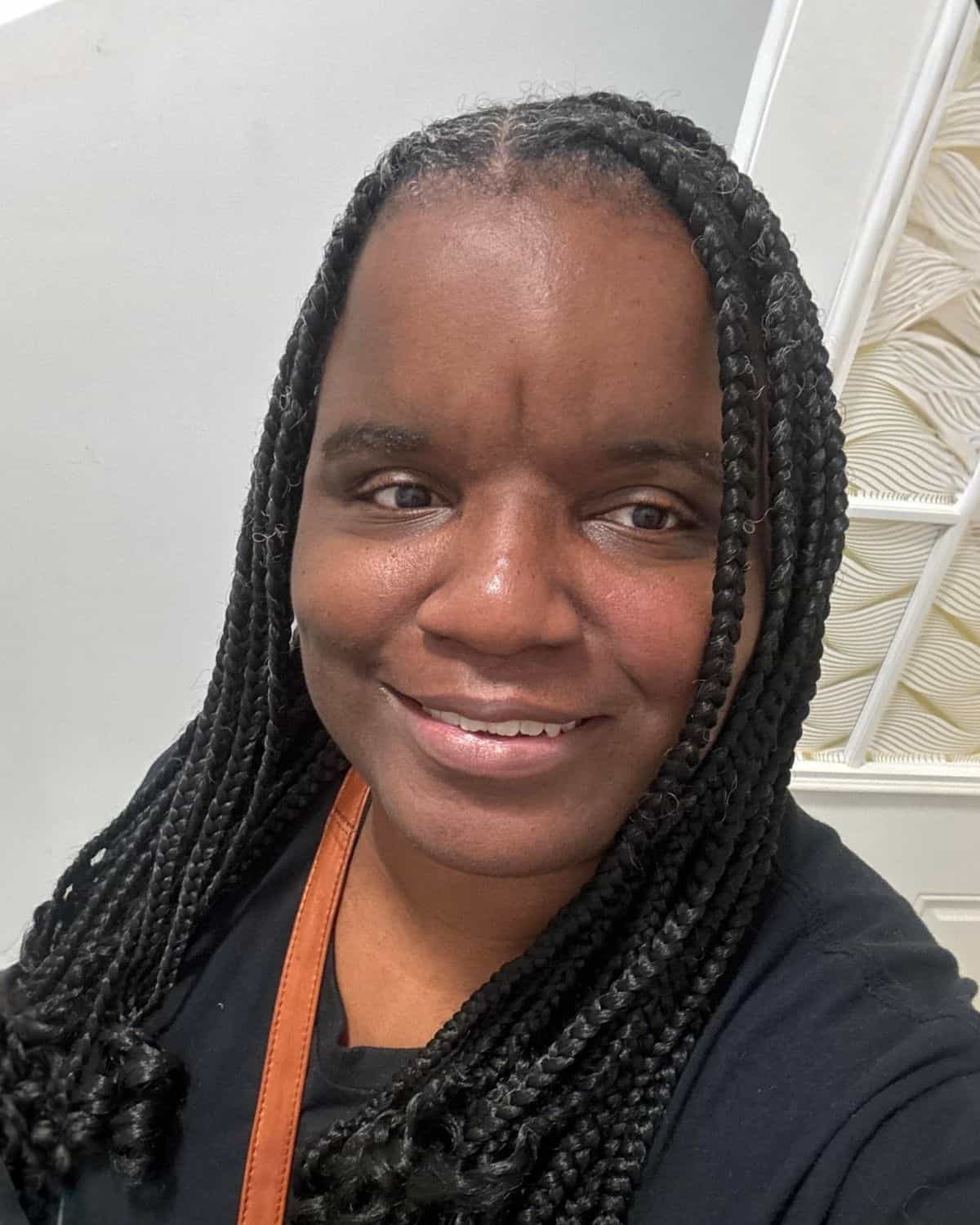Disorders of the Corpus Callosum
Adults with Disorders of the Corpus Callosum
For adults with disorders of the corpus callosum (DCC), life can bring both challenges and opportunities. While DCC can affect executive functioning, social interactions, and sensory processing, many adults lead independent, fulfilling lives with the right support and strategies. Understanding personal strengths, identifying areas where support may be needed, and building a strong network can help adults with DCC navigate education, employment, relationships, and daily life with confidence.
Navigating Adulthood with DCC
Every adult with DCC is unique, with varying levels of independence and support needs. Some individuals may live and work independently, while others may require structured assistance for managing daily responsibilities. Key areas of focus for adults with DCC include:
Education
Some adults pursue college or vocational training, while others thrive in structured work environments with accommodations. Understanding strengths and using tools like planners, reminder apps, and workplace support programs can help with organization and task management.
Executive Functioning
Many adults with DCC find that routines, visual schedules, and step-by-step instructions help with managing finances, transportation, and household tasks. Developing self-advocacy skills can also be important for requesting accommodations when needed.
Social Connections
Navigating social situations may require extra effort, especially in interpreting social cues, humor, or sarcasm. Practicing social skills, joining supportive communities, and engaging in structured social activities can help build meaningful relationships.
Health & Well-Being
Regular medical check-ups, therapy, and mindfulness strategies can support mental and physical health. Some individuals may benefit from occupational therapy for sensory processing or counseling for emotional regulation and self-esteem.
Career Development
Vocational rehabilitation programs, disability accommodations, and assistive technology can help adults succeed in work settings.
Community & Advocacy Groups
Connecting with others who share similar experiences can provide emotional support, friendship, and practical advice. Online forums, local support groups, and national organizations can be valuable resources.
Independent Living Resources
Classes or coaching on budgeting, time management, cooking, and self-care can help adults with DCC navigate daily responsibilities more effectively.
Relationships & Dating
Dating and relationships may present unique challenges for adults with DCC. With support, self-awareness, and open communication, many are able to build meaningful and fulfilling connections.
Thriving as an Adult with DCC
While adulthood with DCC may come with unique challenges, it is also a time for growth, self-discovery, and independence. Whether through education, meaningful work, strong relationships, or personal passions, adults with DCC can build fulfilling lives with the right support in place.
For more resources and connections reach out to [email protected].
Voices from Adults Living with DCC
Here’s what a few have shared:
“Once I understood how my brain works, I started finding tools that actually helped me.”
“I may do things at a different pace, but I still get there—and I’m proud of that.”
“Being part of this community reminds me that I’m not alone. It’s empowering.”
Check out the YouTube pages of a few adults with DCC whose experiences highlight the importance of self-awareness, support systems, and celebrating individual strengths.
The Brain Network
Living with ACC
Kevin’s World
DCC Ambassadors: Sharing Stories, Building Awareness
Our DCC Ambassadors are individuals—both youth and adults—who live with disorders of the corpus callosum and are passionate about raising awareness, educating others, and connecting with the broader community. Through speaking engagements, social media, advocacy, and storytelling, these ambassadors help others understand what it’s like to live with DCC and offer hope to newly diagnosed families.
DCC Ambassadors:
- Share personal experiences to inspire and inform
- Help reduce stigma and increase public understanding
- Support awareness campaigns and NODCC events
- Serve as peer role models and community connectors
Interested in becoming a DCC Ambassador or learning more? Contact us at [email protected] to get involved.

Britteny Acoff
ACC, 39

Nate Barge
ACC, 29

Ilana Davlin
P-ACC, 31

Nathan Fonseca
HCC, 26

Chris Larson
ACC, 31

Alexa Smith
P-ACC, 28
If you would like to connect with one of our ambassadors, please reach out to [email protected].
We're Here to Help
Navigating a disorder of the corpus callosum (DCC) can feel overwhelming, but you are not alone. Whether you’re seeking information, support, or connections within the community, we’re here to guide you every step of the way.
Our team provides resources, educational materials, and opportunities to connect with others who understand the journey. If you have questions or need assistance, we’re just a message away.
Have a question or need support? Click below to reach out, and we’ll be happy to help!

